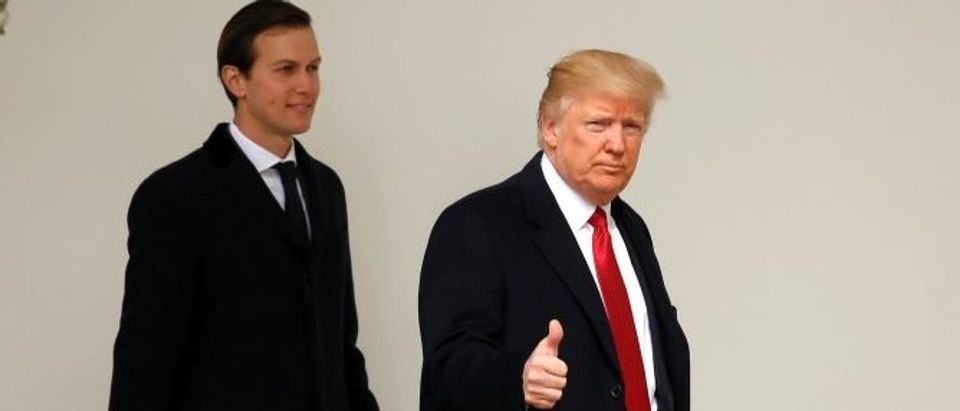While the Trump administration focuses on reducing federal regulations to grow our economy, American businesses are under attack abroad by foreign and international bureaucrats who want to impose a stifling global regulatory regime. Millions of American jobs are dependent on sales to foreign consumers and we can’t afford to ignore this increasing problem.
American companies doing business outside the United States face an assortment of contradictory criticisms and demands. More often than not, these complaints do not come from the consumers who love American products, but from regulatory regimes that want aim to hinder American competitiveness. Their ultimate goals include protectionist policies to favor their local companies, and price controls that provide U.S. products below market prices (at our expense).
Most people only think of the United Nations as a place where governments come to discuss global issues. In fact, the United Nations has a vast bureaucracy of over forty sub-agencies and a staff, known as the “Secretariat,” of well over forty thousand. That’s on top of other international organizations, not directly affiliated with the U.N., with their own staff.
While these organizations are supposed to be impartial aids to the member countries, the staff has many opportunities to steer their organization towards their preferred policies – subtly putting a finger on the scale in favor of their policy views and/or helping their country of origin over international competition.
For instance, the Secretariat may decide to organize a conference on an issue that seems even-handed, but they hold it in a place likely to bring in more people sympathetic to their perspective, allowing them to construct an imbalanced panel and frame the matter accordingly. Or they can convince the organization’s leadership to convene a “study group” of some kind, but stack the “panel of experts” so the recommendation reflects their preconceived agenda.
A recent and infamous example of this was when the United Nations High Level Panel (UNHLP) on Access to Medicine. The U.N. Secretary General himself convened a study of the issues of access to medicine, patent rights, and rules of international trade – all important topics that have already received a great deal of attention. However, the panel was so lopsided in its membership, and tasked with an approach that prejudicially presumed an existing “incoherence,” that the result was predictably skewed. So much so that even one of the co-chairs admitted it was one-sided, the U.S. formally criticized the report, and the U.N. Secretary General who began the process distanced himself from the result.
However the problem is bigger than the report itself. Those who helped concoct the panel and its fatally flawed report still want to regulate American businesses abroad. They cite to the UNHLP, with the imprimatur of the United Nations, to advocate for price controls and other unfair treatment of American products in foreign countries. And worse yet, some governments are listening.
The United States should not tolerate this. Our membership in and funding of these international organizations gives us a right to demand that the work of the Secretariat be fair and balanced. When it isn’t, or when the organization is stretching beyond its expertise and competence, we have the right and the responsibility to put a stop to it.
The Trump administration needs to set clear guidelines for all the agencies that interact with international organizations. The U.S. must be firm in opposing not only the formal treaties that are against our interests, but also the studies, panels, and reports that are used as ‘proof’ for policies that undermine our national interests. This will take some effort up front, but will bear fruit by heading off bad ideas for years to come.
Steven Tepp is President & CEO of Sentinel Worldwide and Professorial Lecturer in Law at George Washington University Law School


